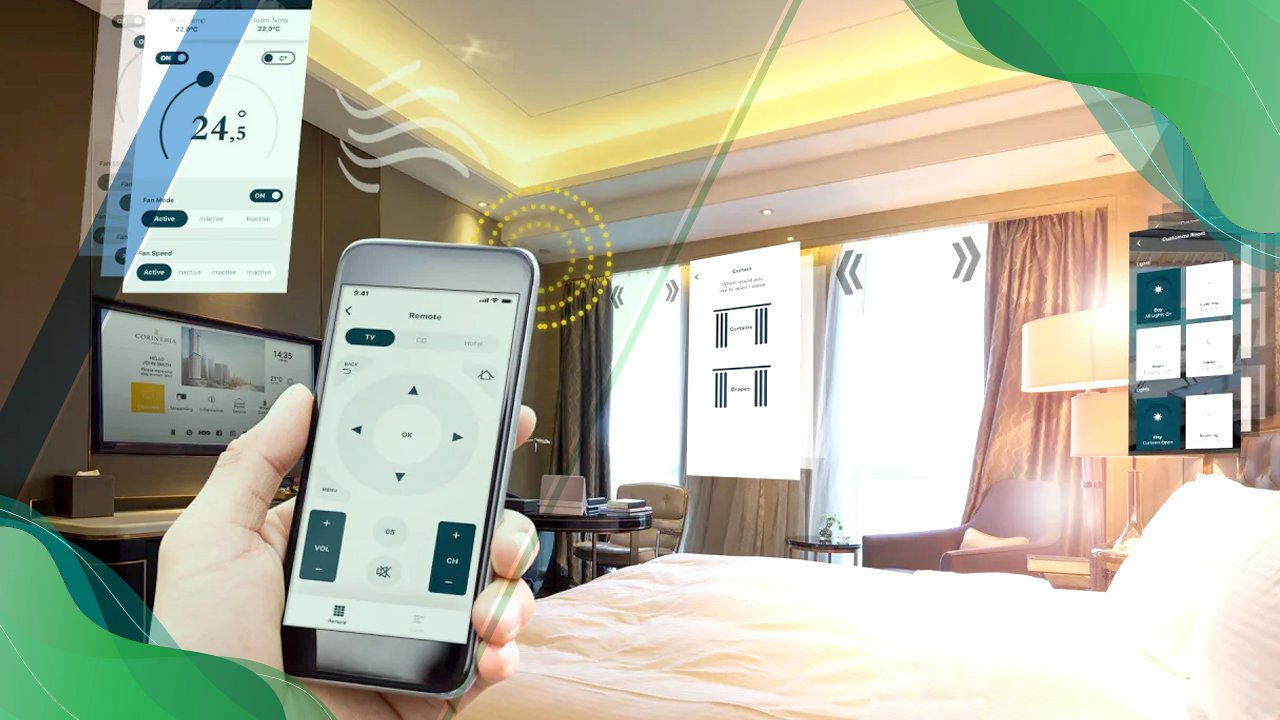Introduction
In today’s fast-paced hospitality industry, future-proof hotel technology is no longer a luxury—it’s a necessity. As emerging technologies in hospitality continue to reshape guest expectations, new hotels must adapt quickly. This blog explores strategies for implementing future-proof hotel technology and leveraging emerging technologies in hospitality to ensure long-term success.
Understanding Future-Proofing
Future-proof hotel technology refers to systems that can adapt to evolving needs without major overhauls. It’s about making smart investments today that will remain relevant tomorrow. The importance of this approach cannot be overstated in the competitive hospitality landscape.
Currently, AI-driven personalization and contactless services are trending. However, these are just the tip of the iceberg when it comes to emerging technologies in hospitality. Forward-thinking hotels are those prepared to embrace future innovations seamlessly.
Building a Robust IT Infrastructure
The foundation of future-proof hotel technology is a robust IT infrastructure. This includes:
- Scalable network infrastructure
- High-speed internet capabilities
- Cloud computing solutions
Cloud-based services offer flexibility and cost-efficiency. They allow for easy upgrades and remote management. Additionally, the Internet of Things (IoT) is becoming increasingly important in hospitality. Smart devices can enhance operational efficiency and guest experiences significantly.
Investing in Cybersecurity
As hotels collect more guest data, cybersecurity becomes crucial. Future-proof hotel technology must include strong data protection strategies. These should comply with current regulations while being adaptable to future requirements.
Network security should be prioritized. This includes implementing state-of-the-art firewalls and secure Wi-Fi networks. Regular security audits are essential. Moreover, staff training on cybersecurity best practices cannot be overlooked.
Enhancing Guest Experience with Technology
Emerging technologies in hospitality are revolutionizing guest experiences. AI and big data analytics enable personalized services. These technologies can provide tailored recommendations and customized in-room experiences.
Contactless solutions have become standard. Mobile check-in, digital room keys, and contactless payments should be offered. Smart room features, such as voice-controlled devices, are also becoming the norm. The key is to implement these using flexible platforms that can easily integrate future innovations.
Sustainable and Energy-Efficient Technologies
Sustainability is a critical factor in modern hospitality. Energy management systems that optimize consumption based on occupancy are essential. They offer cost savings and appeal to environmentally conscious guests.
Investments in renewable energy sources can provide long-term benefits. Smart HVAC systems that learn from usage patterns can significantly reduce energy consumption. Look for systems that can integrate with future IoT devices and energy management platforms.
Adopting Emerging Technologies
Virtual and Augmented Reality (VR/AR) are opening new possibilities in hotel marketing. They allow potential guests to take virtual tours before booking. In the future, these technologies could enhance in-room entertainment or provide innovative concierge services.
Robotics and automation are finding applications in various hotel operations. While still evolving, these technologies have the potential to improve operational efficiency significantly. Blockchain technology, though in its early stages, shows promise for secure transactions and loyalty programs.
Continuous Innovation and Adaptation
Perhaps the most crucial aspect of future-proof hotel technology is fostering a culture of innovation. This involves staying updated on emerging technologies in hospitality through ongoing research and industry engagement. Leveraging guest feedback to refine technological offerings is essential.
Building partnerships with tech companies can provide early access to innovative solutions. This approach helps hotels stay at the forefront of technological advancements in the industry.
Conclusion
Future-proofing hotel technology is an ongoing process of evaluation and adaptation. By building a flexible technological foundation, new hotels can position themselves for long-term success. The initial investment in future-proof hotel technology may be substantial. However, the long-term benefits far outweigh the costs. As the hospitality industry evolves, technologically adaptable hotels will thrive. Emerging technologies in hospitality will continue to shape guest expectations and operational efficiency. Hotels that embrace these innovations will lead the way in the future landscape of hospitality.




